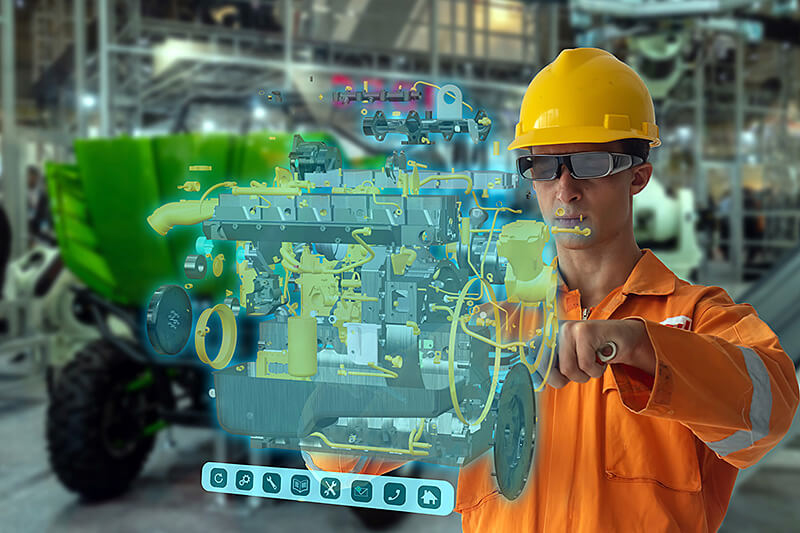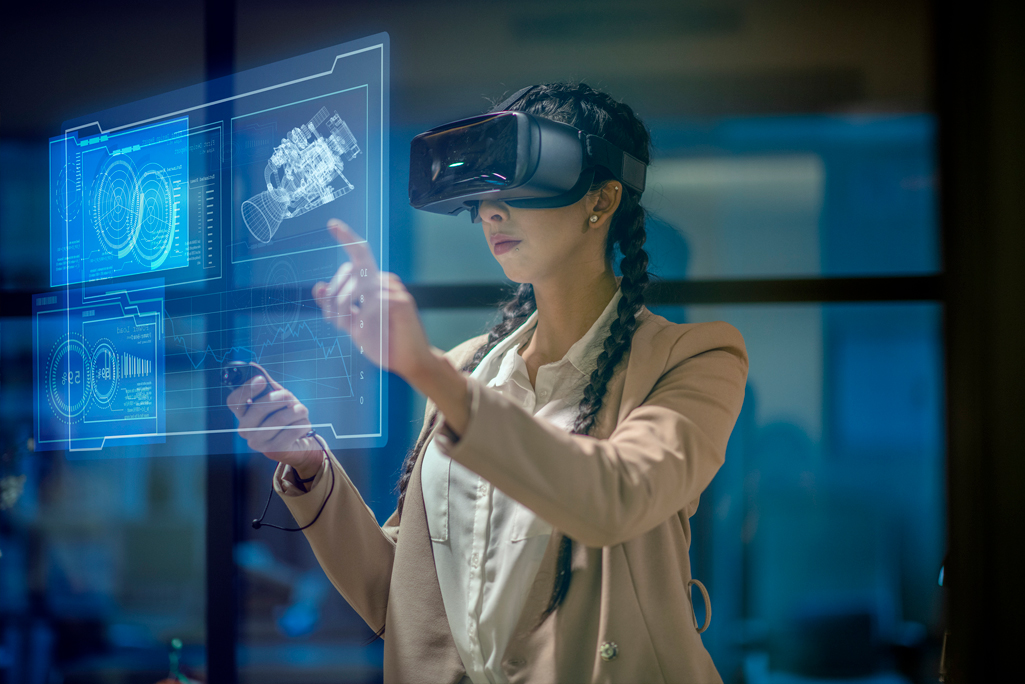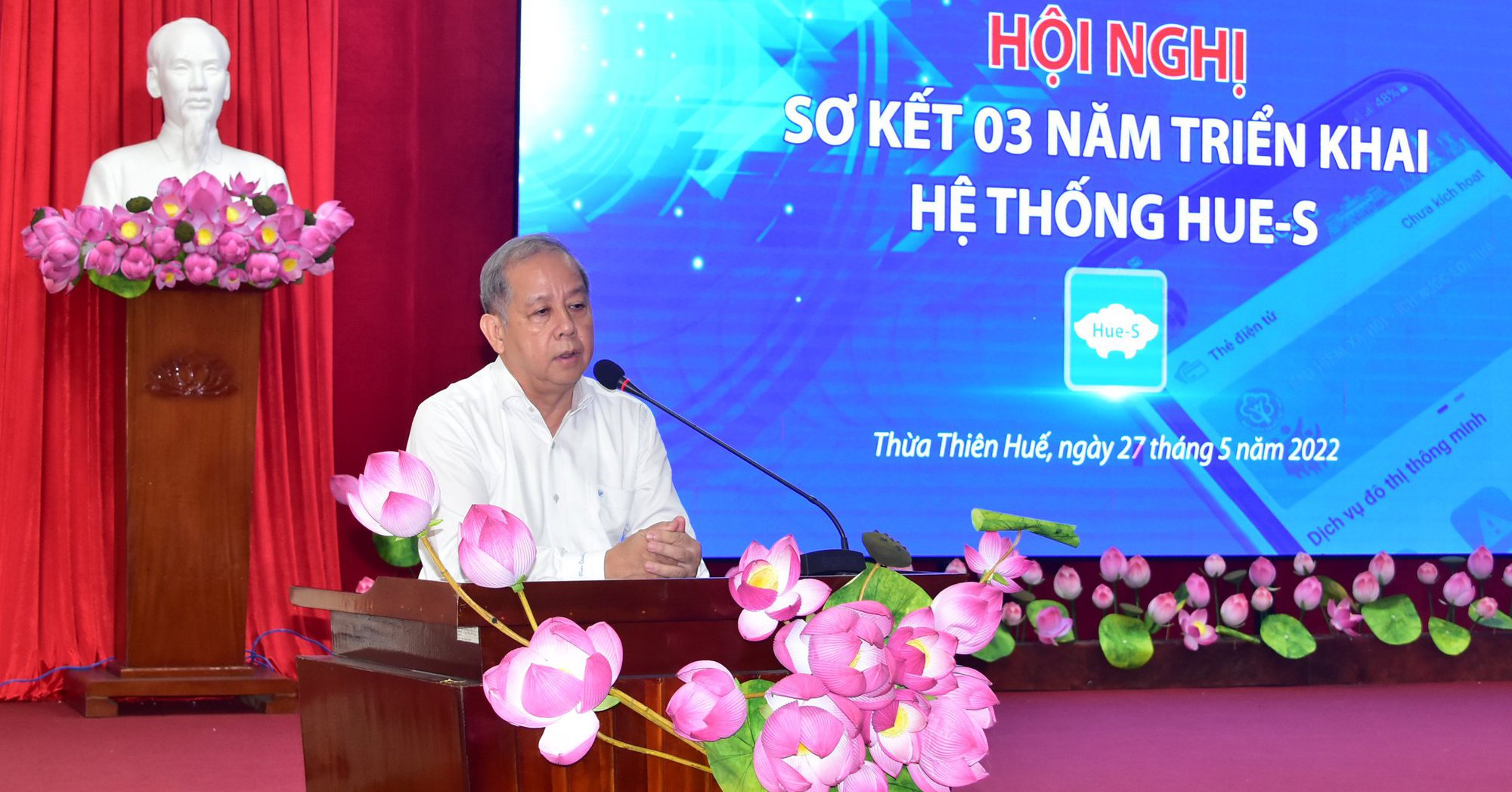Technology metaverse virtual universe will become “civil metaverse”
Without a doubt, there are many emerging technologies today. Indeed, Information and Communication Technology (ICT) has provided broader options for innovation. Out of all of this, the Metaverse (virtual universe) seems to capture the attention of Chinese industries the most, arguably the most useful – China’s business leaders assert so.
Currently, emerging metaverse technologies are expected to be integrated into a wide range of sectors including industrial, agricultural, manufacturing, retail and consumer. Furthermore, this emerging IT will fundamentally change the way people work and interact in their daily lives.

China is resolutely pursuing developments and embracing the future in the metaverse. Photo: @AFP.
Leading experts in the field of technology predict a brighter future ahead with the metaverse trend leading the way. For example, the CEO of a major global consulting firm confirmed in a recent metaverse forum in China that the metaverse will help accelerate industrial modernization and the digitalization of the industry. Karma.
Overall, Metaverse is a big improvement over traditional virtual reality technology. Specifically, its new concept refers to a shared virtual world in which people can interact through various forms of virtual technology, such as virtual reality and augmented reality. The combined virtual and physical internet of things will fundamentally change the way people work and interact, said senior vice president of a Chinese pioneer in Artificial Intelligence (AI).
Because the current metaverse is mainly focused on entertainment and sales, it can be called the “civil metaverse”. But the key strength of the metaverse is its ability to deliver seamless, immersive digital experiences through ubiquitous always-on connectivity, and offers significant potential for manufacturing and supply chain organizations. .
The opportunities of the so-called “metaverse industrial model” are still largely unexplored but they are emerging. Following are some possible use cases for industrial companies using this metaverse virtual technology presence.
1. Increase brand awareness through virtual factory walks and interactive virtual assembly sessions.
2. Virtual presentation of products and services.
3. Payment through blockchain technology, cryptocurrencies and non-fungible tokens (NFTs)
4. R&D (Research and Development) cooperation to design, simulate and test products and services.
5. Leverage digital customer voices to improve real-world customer experiences.
6. Simulate the layout, performance, and interplay of machines, factories, supply chains, and even entire ecosystems.
7. Leverage digital people to simulate human behavior.
8 . Evaluate suppliers of materials, components, and services (gamma may be used).
9. Optimizing sales and operations plans, based on simulations of data collected in a metaverse environment.
8. Test virtual environments for sustainable solutions and processes.
However, the metaverse poses a major challenge for China. Although this country has a special advantage in developing the metaverse including a solid Big Data foundation, abundant human resources, a developed hardware manufacturing industry chain, and a rich culture, this country need to step up efforts to close the technology gap with developed countries in areas such as chips, operating systems and optical displays.
There are important technologies that China must consider to make the most of the metaverse. Recently, Beijing has taken an interest in applying controls on AI to ensure industries using emerging technology operate responsibly. The chairman of one of China’s leading AI technology companies based in Shanghai points to bright prospects for the metaverse. He noted that 2022 marks the year of the metaverse, saying that the metaverse will enter a period of rapid growth within the next one to three years.
In the future, industry leaders say metaverse technologies will be integrated into various sectors such as agriculture and manufacturing. The infrastructure of the metaverse will certainly include a whole new range of devices and technological systems. Topping the list are a wide range of 5G, VR, AR, WIFI6 communication networks, wearables, blockchain, cloud computing, edge computing, and AI + GPUs, said industry experts.

Currently, emerging metaverse technologies are expected to be integrated into a wide range of sectors including industrial, agricultural, manufacturing, retail and consumer. Photo: @AFP.
So far has been a strong decade for the country. China’s aggressive approach to its digital transformation has largely paid off, and its people are enjoying 5G technology more. Although the entire country is still not fully covered, the benefits of 5G are spreading to the masses as another state-owned 5G operator, also the fourth 5G carrier, has been licensed. to start providing services and expand operations.
In addition, to ensure the smooth application of the technology, China has established a metaverse committee to issue guidelines for the benefit of everyone. The establishment of the metaverse committee shows that emerging technology is a priority in the Chinese government’s efforts to promote economic development. While on the one hand, it is regulating its big tech companies in an effort for inclusive growth, on the other, Beijing is encouraging emerging technologies. China is resolutely pursuing developments and embracing the real future in the metaverse.
at Blogtuan.info – Source: danviet.vn – Read the original article here


